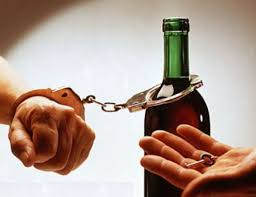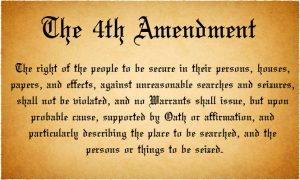FAQs About California Vehicle Code Section 23572 VC (DUI with a Minor Passenger)

A DUI conviction in California comes with some stiff penalties, even for first-time offenders. However, if you have a minor in the car at the time of your alleged DUI, you could face enhanced penalties, including mandatory jail time. The specific law detailing these penalties is California Vehicle Section Code 23572 VC, sometimes called the “DUI with a Minor Passenger Penalty Enhancement.” The ramifications can be confusing at times, so let’s unravel them by answering some of the most commonly asked questions about this law and how it may affect your sentence if you’re convicted of a DUI.
What is California Vehicle Section Code 23572 VC?
This section of the vehicle code prescribes specific additional sentencing by the courts “if any person is convicted of a violation of Section 23152 [DUI] and a minor under 14 years of age was a passenger in the vehicle at the time of the offense.” If convicted of a DUI where the law applies, it requires the courts to enforce mandatory jail time in addition to whatever sentence the judge gives for the DUI itself. The upshot is that if you had a child under age 14 in the car at the time of your DUI arrest and you are convicted, you will spend time in jail, even if it’s your first DUI offense.
 Los Angeles Criminal Defense Attorney Blog
Los Angeles Criminal Defense Attorney Blog










